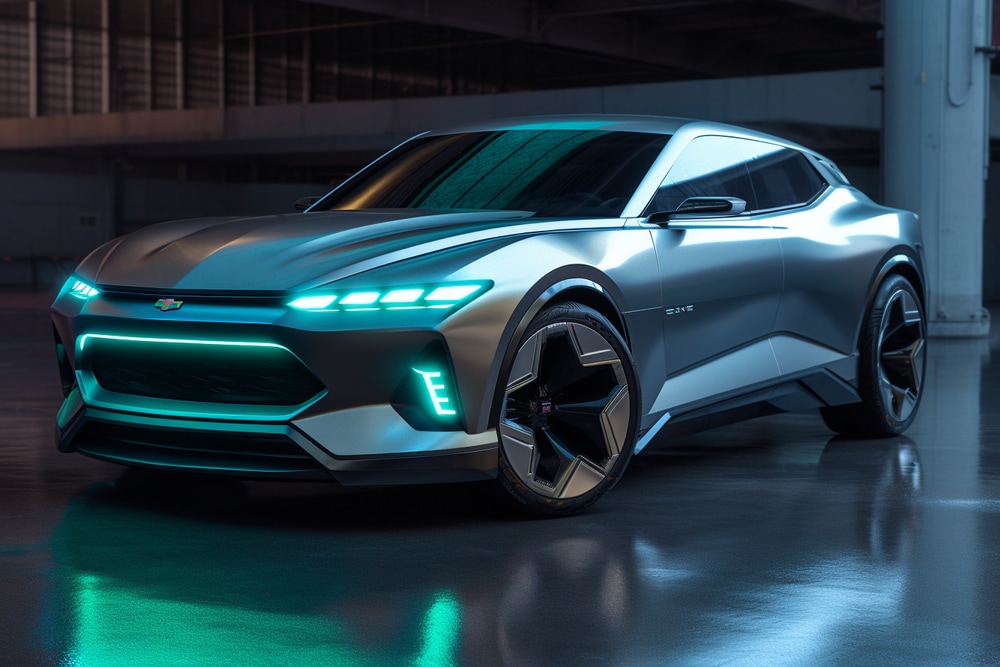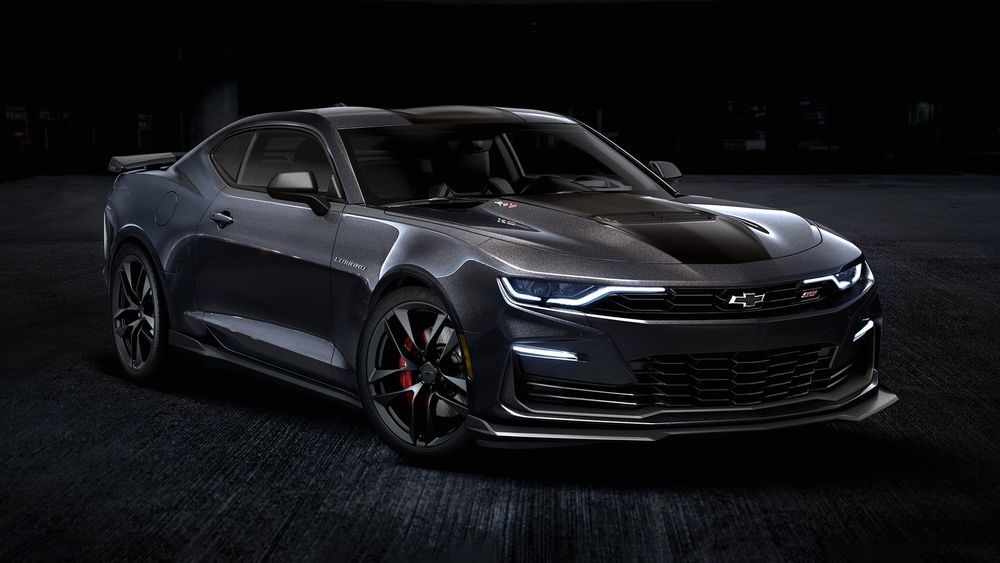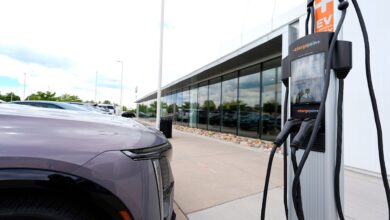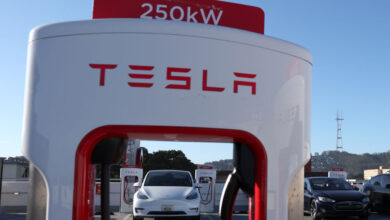GM Prez Wants Next-Gen Chevy Camaro to Be the Opposite of Ford’s EV Mustang
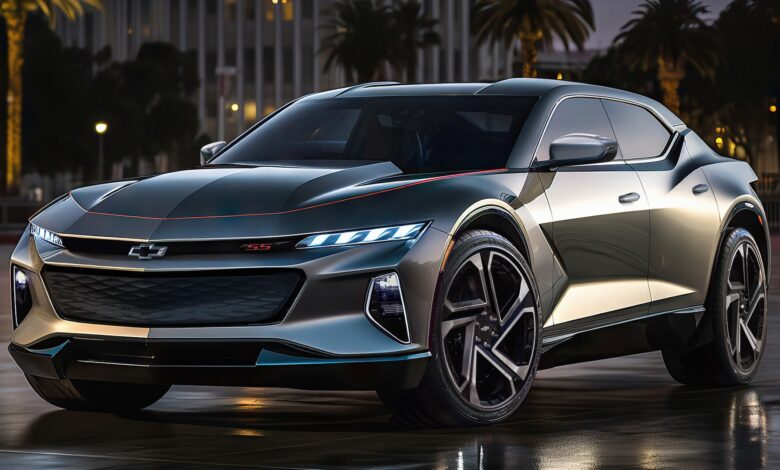
If General Motors president Mark Reuss has his way, the Chevrolet Camaro will make a comeback as an electric car—not an electric crossover—designed around athletic dynamics and a low price point rather than huge horsepower and track-slaying performance. Reuss, whose first car was a 1967 Camaro, told MotorTrend that he wants to see the iconic nameplate return to its roots as a pony car with broad appeal beyond hardcore enthusiasts.
Reuss said the price of the Camaro EV could be similar to that of the 2024 Chevrolet Equinox EV compact crossover, which will start at $34,995 when the entry model goes on sale later this year. That’s not any cheaper than the base 2024 Chevrolet Camaro, but factor in a $7,500 federal tax credit and the price effectively drops to $27,495, which would make this hypothetical EV about $5,000 less than the last gas-powered model.
Production of the Camaro ended in December 2023, and while there’s no immediate successor, nobody expects GM to walk away from the name recognition and reputation of the 57-year-old badge. Many outlets—MotorTrend included—posited that the Camaro nameplate would be revived in 2026 as a crossover designed to compete with the Ford Mustang Mach-E. From the way Reuss talked about his vision, we get the sense that the car-versus-crossover debate hasn’t been settled within GM.
Even if the Camaro comes back as a car, don’t expect it to be a coupe. In a nod to practicality and the fact that two-door sales basically amount to a rounding error in the U.S. car market, it would almost certainly have four doors. Reuss envisions a coupe-like design that also improves on the (woeful) outward visibility of the current Camaro.
We might be waiting longer than expected for the Camaro’s comeback, though. The EV would be based on the same Ultium powertrain architecture underpinning everything from the Equinox EV to the GMC Hummer EV 3X. While those vehicles are in production now, Reuss say GM needs to further scale up battery production to bring costs down and make the pricing pencil out. We think it’s an idea worth waiting for. Hopefully Reuss knows someone who can make it reality.
